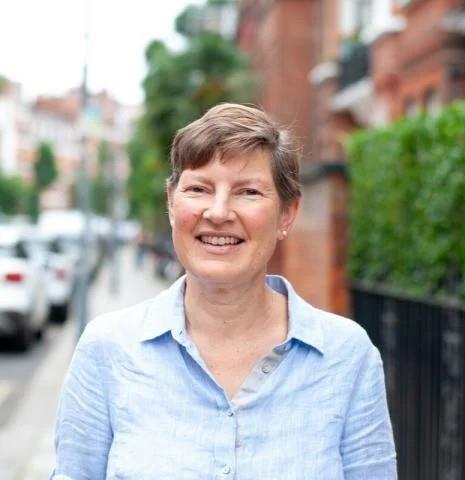Almost one-quarter of over 65s could be living in rented accommodation by 2040
Projections of housing tenure for older adults indicate that the proportion of people aged 65 and over living in rented accommodation will treble from 4% in 2022 to over 13% by 2040.

A report by the UK Collaborative Centre for Housing Evidence (CaCHE), on behalf of the charity Independent Age, projected that by 2040, 24% of all older people will be living in private rented sector (PRS) housing.
Although most people will still own their own homes in later life, there will be a decline in the proportion of people aged 65+ living in homes they own or in social homes.
England and Wales are set to see the largest increase in the proportion of older people living in PRS.
In Wales, for example, there is projected to be an increase from 4% to 18% in the proportion of older people who are living in the private rented sector.
In Scotland, the proportion of older people in the private rented sector is projected to increase only slightly and remain relatively small (2.2% in 2022 to 2.4% in 2040).
Furthermore, a relatively large proportion of older people are forecast to continue living in the social rented sector (17.9% to 17% in 2040).
CaCHE research estimated that in 2022, 500,000 people aged 65 and over lived in PRS, by 2040, the projected number of older people in PRS will rise to 2.2 million.
The proportion of older people living in social housing will fall from 14% as of 2022, to 10.9% in 2040. While 82% of over 65s currently live in owner-occupied housing, by 2040, it is projected that 76.7% will live in homes that they own.
CaCHE is a consortium of eight partners in higher education and non-academic institutions, which focuses on improving the evidence base for housing policy and practice.
The report, ‘Projecting housing tenure and poverty rates in later life’, also finds that the highest growth in poverty in older age will be among private renters.
According to CaCHE’s projections, there will be a notable increase in the proportion of older people living in rented accommodation who cannot regularly save money (from 21% to 31.3% in 2040).
Based on report’s findings, Independent Age recommends that governments across the nations make a significant and sustained investment in social housing and in updating, insulating and modernising homes.
It also recommends that the UK government ensure low-income renters are adequately supported to pay their rent through Local Housing Allowance.
In addition, Independent Age calls for reforms to the private rented sector, to ensure “no one faces no-fault evictions” and that tenants have longer notice periods.
>>See also: A new and anti-loneliness model for later living: How a charity connects older residents with the community
>>See also: Removing the barriers to later living development
>> See also: Fixing poor-quality homes could save the NHS and social care £1.5bn a year, research finds
>> See also: Third of councils ‘do not have clear policies or sites for older people’s housing’
The report also recommends that the UK Government conduct a cross-party review to agree what level of income is needed in retirement to avoid poverty.
Joanna Elson CBE, chief executive of Independent Age, said: “Older private renters are already at huge risk of being in poverty, often because their fixed income is eaten up by paying rent. Unless something is done, this research shows their number could increase even further.
“With one in five single pensioners and 13% of all pensioners relying solely on the State Pension and financial entitlements, it’s really important that the next UK Government makes sure that those on a low income receive the money they should be to ensure they can afford the essentials. A good home should not be a luxury, and we all want to live somewhere safe, secure and affordable in later life.”











No comments yet